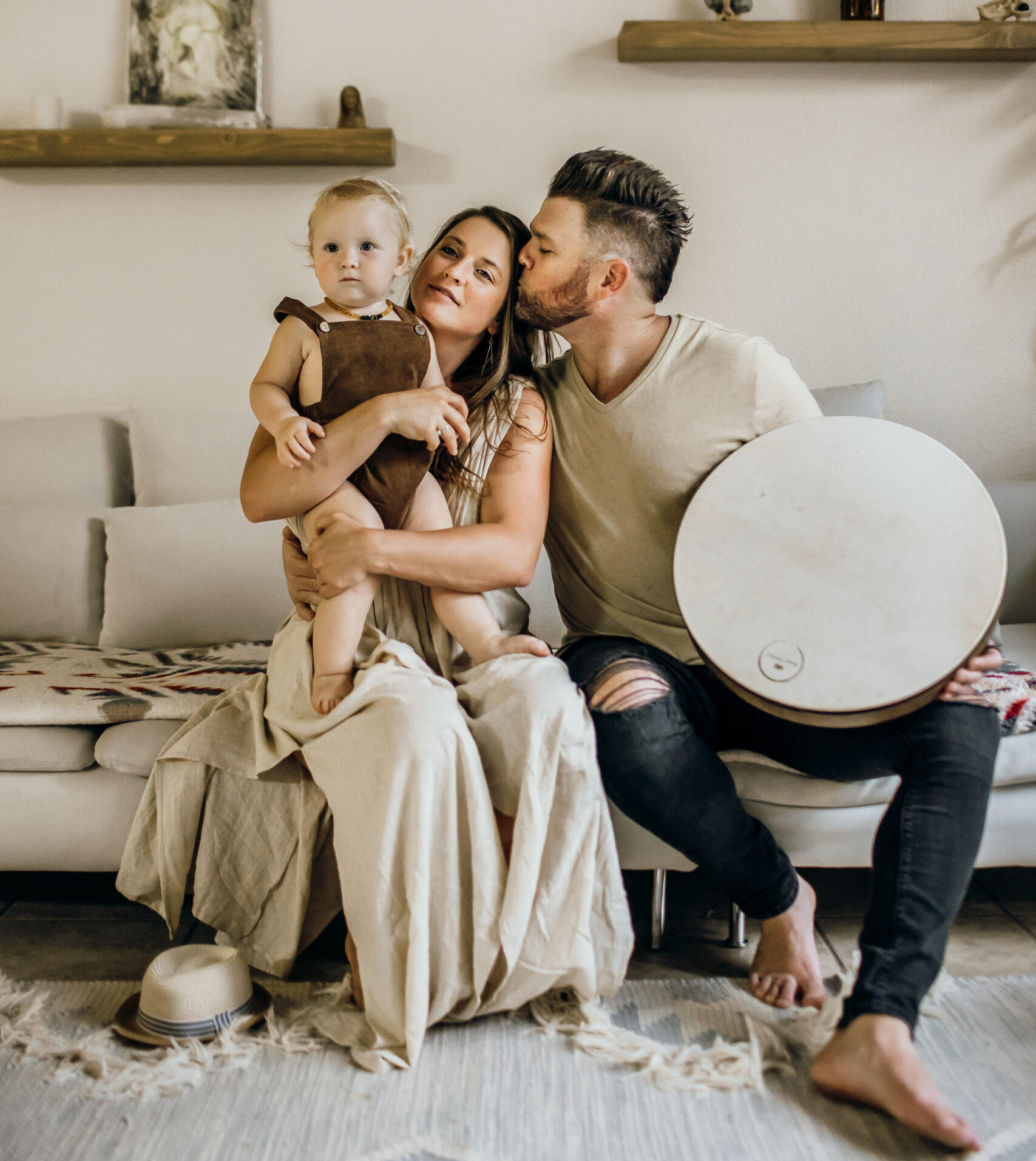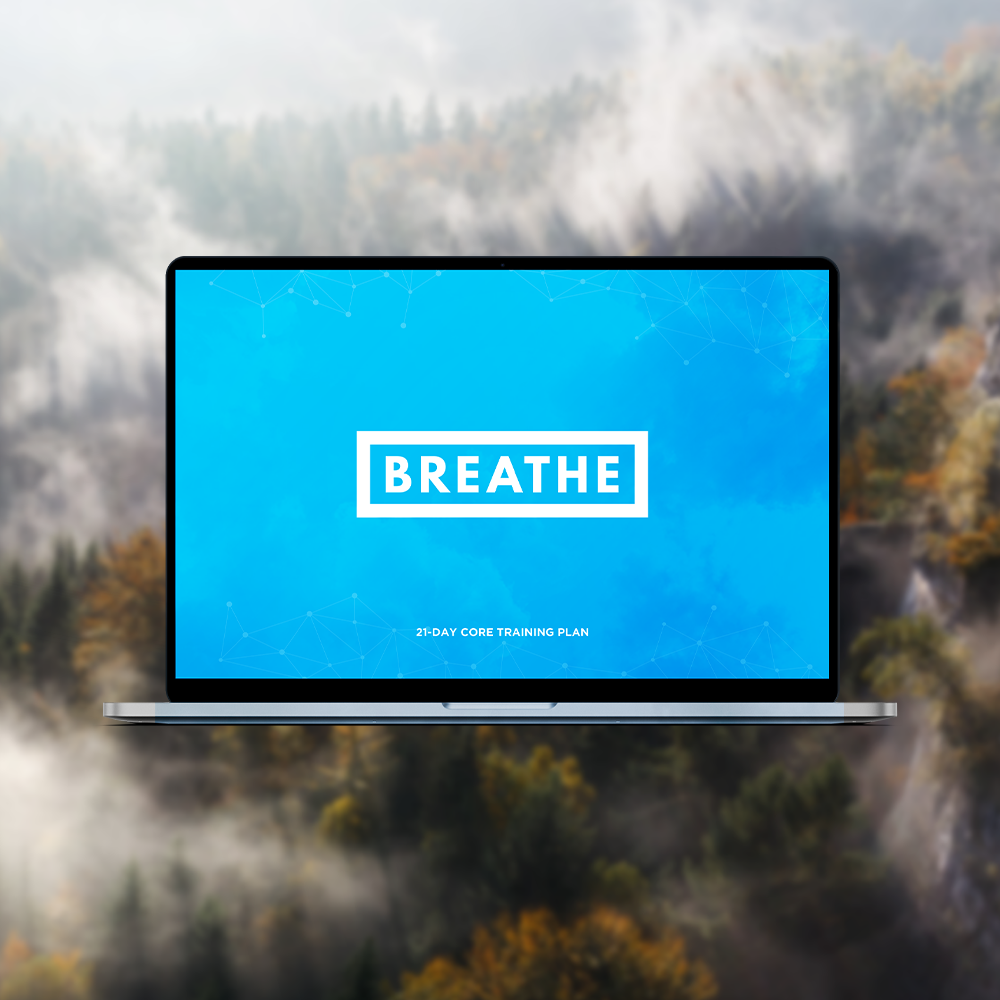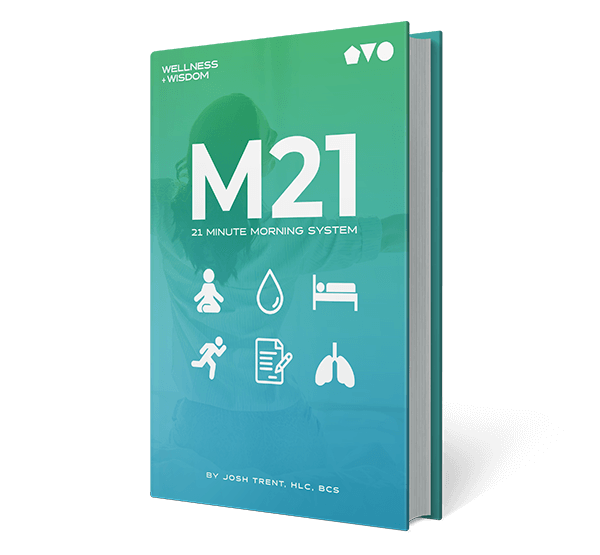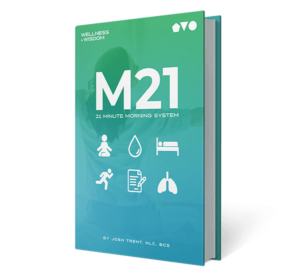 We all feel anxiety throughout our lives, but being clinically diagnosed with social anxiety is a much different story. When a teen is experiencing an anxiety disorder, such as social anxiety, even the smallest occasion, task, or social situation can seem unbearable. As a result, they may begin to isolate themselves, fall into a depression, perform poorly in school, and lose touch with important social relationships.
We all feel anxiety throughout our lives, but being clinically diagnosed with social anxiety is a much different story. When a teen is experiencing an anxiety disorder, such as social anxiety, even the smallest occasion, task, or social situation can seem unbearable. As a result, they may begin to isolate themselves, fall into a depression, perform poorly in school, and lose touch with important social relationships.
While teen social anxiety is a common issue, it is also very treatable. Doctors and mental health professionals have developed a variety of treatments than have proved effective for countless teens and adults. In addition to talk therapy or even medication, residential treatment centers for teens can help your teen understand their condition and develop healthy and effective coping mechanisms so they can live happy, productive lives. Here, we’re taking a closer look at teen social anxiety and some of the top signs of social anxiety in teens to help parents better identify this common mental health issue.
Table of Contents
What is Teen Social Anxiety?
Social anxiety can make us feel scared, nervous, and block us from taking part in the activities we enjoy. While it’s perfectly natural to experience anxiety every now and then, especially when faced with a new job, experience, or setting, but this doesn’t mean someone has a clinically diagnosed anxiety disorder. With a social anxiety disorder, even the most minor of situations can lead someone to have a serious panic attack and negatively affect almost every single aspect of their lives.
According to the Mayo Clinic, an anxiety disorder is characterized by a person who is experiencing excessive or persistent worries and fears concerning everyday situations and social settings. An anxiety disorder can include repeated episodes that can strike at almost any time and sudden and intense feelings—known as panic attacks.
Living with a social anxiety disorder can make social interactions simply terrifying. Ones body can even react in adverse ways as you may begin to sweat, shake, or even become nauseous at the thought of such an interaction. Over time, the person may begin to exclude themselves from others, which can lead to additional health issues, such as low self-esteem or depression.
What Causes Social Anxiety?
We all experience anxiety, but teens face a particular challenge as they are enduring major life events, hormone changes, and a slew of new social interactions on a daily basis. These are some of the reasons why teens are so susceptible to social anxiety disorders.
But what exactly causes social anxiety in teens? While each individual is unique, of course, there are some common factors that are worth identifying.
Some of the top causes include:
- Social and peer pressure: teens have to juggle social pressure from a variety of different sources, such as school, their peers, family, and teachers. While this can be overwhelming for any of us, teens often don’t have the experience to handle all these pressure all at once. Additionally, peer pressure is even more persuasive at this age as our friendships and romantic relationships take on an even greater importance.
- Substance abuse: many teens will experiment with drugs and alcohol. If this experimentation becomes too persistent, teens may be afflicted with mental health issues such as anxiety. Some teens already experiencing anxiety may use these substances to help them cope.
- Hormones: no other time in your life is your body producing more hormones than during your teen years. Understanding and dealing with these hormone changes and potential imbalances can lead to mental health struggles, including social anxiety. Amidst these times of intense changes, decision-making can also be more difficult.
- Past trauma: recovering from any form of trauma is a challenge for people—no matter your age or mental health condition. For teens, this may even lead to the development of social anxiety (or potentially) substance abuse that can make anxiety even worse). Trauma is difficult to talk about and understand, but it’s important to open a dialogue with your teen to help them access the resources they need for recovery and healing.
10 Signs of Social Anxiety in Teens
 Doctors and mental health specialists have been able to identify common signs of anxiety in teens that can help you, as the parent, recognize this mental health disorder and provide the necessary care for your teen.
Doctors and mental health specialists have been able to identify common signs of anxiety in teens that can help you, as the parent, recognize this mental health disorder and provide the necessary care for your teen.
10 of the most common symptoms of teen anxiety include:
- Withdrawal from social activities they may have once enjoyed.
- Anger or irritability.
- Recurring fears and doubts.
- Poor performance in school.
- Trouble concentrating.
- Substance abuse.
- Sleep issues.
- Severe self-consciousness.
- Fear of new situations.
- Social isolation.
Conclusion – 10 Signs of Social Anxiety in Teens
We all experience mild anxiety from time to time. Whether caused by a big presentation at work or school, a new relationship, or an unfamiliar social setting, anxiety can creep into our lives and make us feel uncomfortable, nervous, and hesitant. It can even negatively impact the choices we make in our daily lives. But it’s crucial to know that someone dealing with diagnosed anxiety is facing an entirely different challenge.
For teens especially, social anxiety can feel almost insurmountable at times. It can be difficult to understand, accept, and even just talk about social anxiety, which may cut off resources for assistance and healing. If you think your teen may be struggling with anxiety, take the time to speak with them about it. Come from a place of love and support, and if you’re on the same page, consider reaching out to professional help. A mental health professional or a residential teen treatment center can help you teen understand this mental health condition, and from there, begin to develop healthy coping mechanisms. Social anxiety in teens is a common health issue, but it’s also a very treatable one. Don’t allow your teen to go through this alone. Begin the healing process and begin the discussion today.









